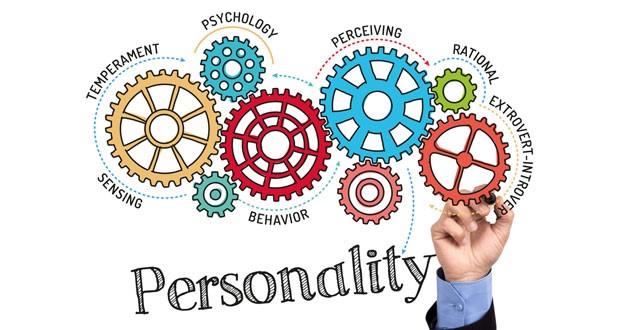The study of personality and individual differences is a branch of psychology that seeks to understand how people differ from one another in terms of their thoughts, feelings, and behaviors.
Personality refers to the characteristic patterns of thoughts, feelings, and behaviors that define an individual. These patterns are thought to be relatively stable over time and across different situations, and they are believed to be influenced by both genetic and environmental factors.
It explores the underlying factors that contribute to these differences and how they affect people’s lives. This field of study is particularly important because it can provide insights into how individuals can improve their lives, their relationships with others, and their overall well-being.

One of the most well-known models of personality is the Big Five model, which identifies five broad dimensions of personality: openness, conscientiousness, extraversion, agreeableness, and neuroticism.
Openness refers to a person’s openness to new experiences, ideas, and ways of thinking. People who are high in openness tend to be creative, curious, and adventurous. They are more likely to seek out new experiences and ideas, and they are often more open to change.
Conscientiousness refers to a person’s level of self-discipline, organization, and responsibility. People who are high in conscientiousness tend to be reliable, hardworking, and disciplined. They are more likely to follow rules and procedures, and they tend to be more successful in achieving their goals.
Extraversion refers to a person’s level of sociability, assertiveness, and energy. People who are high in extraversion tend to be outgoing, talkative, and energetic. They enjoy being around other people and are often the life of the party.
Agreeableness refers to a person’s level of warmth, kindness, and cooperativeness. People who are high in agreeableness tend to be friendly, empathetic, and compassionate. They are more likely to get along with others and to help others in need.
Finally, neuroticism refers to a person’s level of emotional instability, anxiety, and moodiness. People who are high in neuroticism tend to experience more negative emotions and to be more reactive to stressful situations. They may be more prone to anxiety, depression, and other psychological disorders.
Individual differences refer to how people differ from one another within a given population. These differences can be due to a variety of factors, including genetics, environment, and individual experiences.
For example, some people may be naturally more intelligent than others, while others may have had more opportunities to develop their skills and knowledge.
One area of research within the study of personality and individual differences is the study of intelligence. Intelligence refers to the ability to learn, reason, and solve problems.
There are many different theories of intelligence, but one of the most well-known is the theory of multiple intelligences, which identifies eight different types of intelligence: linguistic, logical-mathematical, spatial, musical, bodily-kinesthetic, interpersonal, intrapersonal, and naturalistic.
Another area of research within this field is the study of personality disorders. Personality disorders are a group of mental disorders characterized by persistent patterns of behavior, thoughts, and emotions that deviate from the norms of one’s culture.
There are many different types of personality disorders, including borderline personality disorder, narcissistic personality disorder, and antisocial personality disorder.
Understanding personality and individual differences is important because it can help people better understand themselves and others.
By understanding one’s own personality traits and how one interacts with others, individuals can improve their relationships with others and increase their overall well-being.
Understanding others’ individual differences can enhance communication and collaboration, crucial in both work and social contexts. 카지노사이트
nxediyunlandayi.m3E4J8MId7aA
Servislerimiz sayesinde sms onay sizde en uygun fiyatlardan mobil hesap sms telefon onay yaptırabilirsiniz.
Servislerimiz sayesinde sms onay sizde en uygun fiyatlardan mobil hesap sms telefon onay yaptırabilirsiniz.